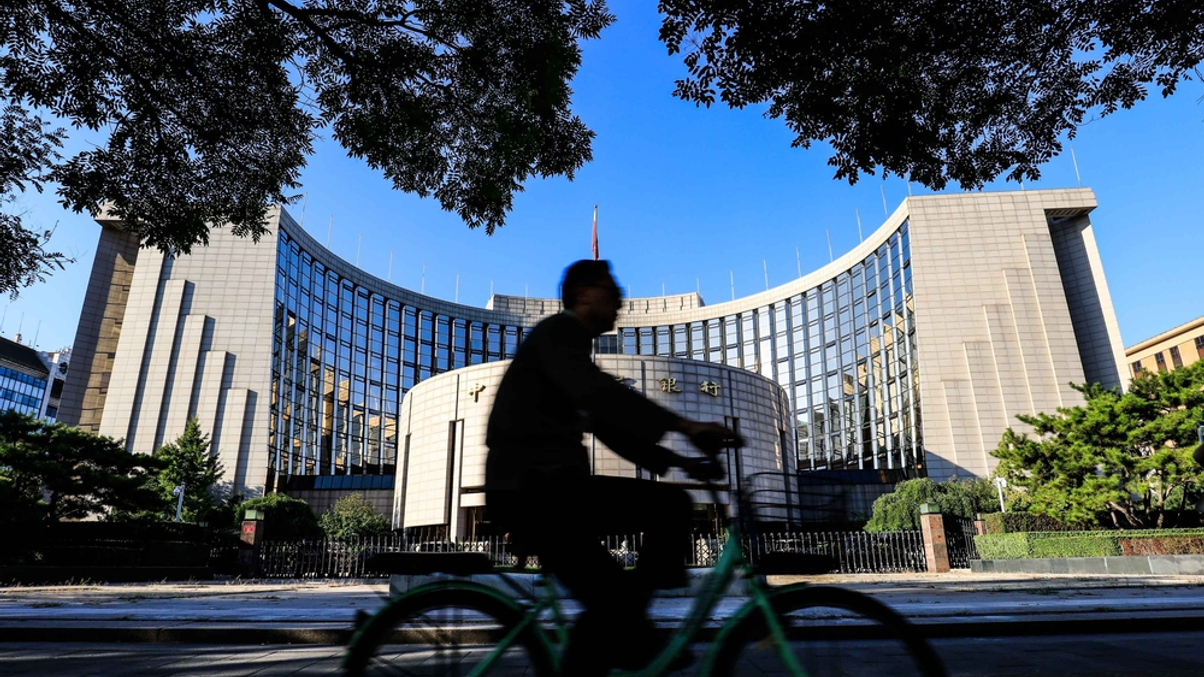Why China’s financial stability law is not the answer in a tough 2022
For long-term investors, confidence in China will only return when visibility improves around the regulatory crackdown and Covid Zero policies.

While China’s proposed financial stability law - which includes a designated fund - makes sense for long-term credit risk prevention, it won't do much to lift investor confidence over the short term, experts say.
Sign in to read on!
Registered users get 2 free articles in 30 days.
Subscribers have full unlimited access to AsianInvestor
Not signed up? New users get 2 free articles per month, plus a 7-day unlimited free trial.
¬ Haymarket Media Limited. All rights reserved.


